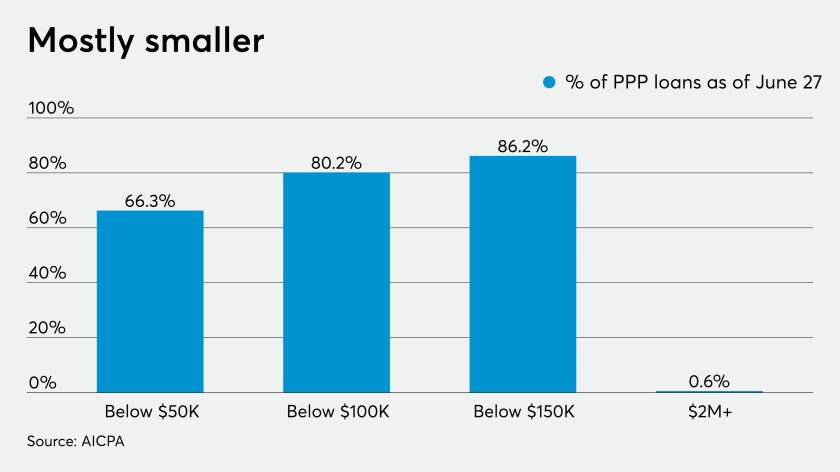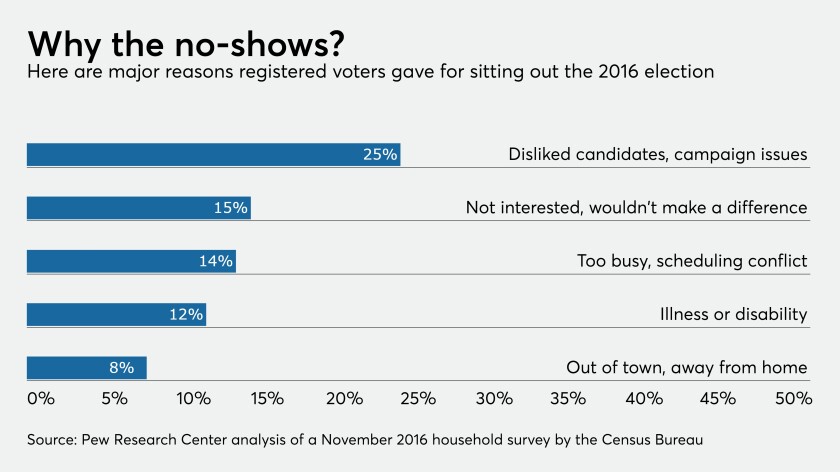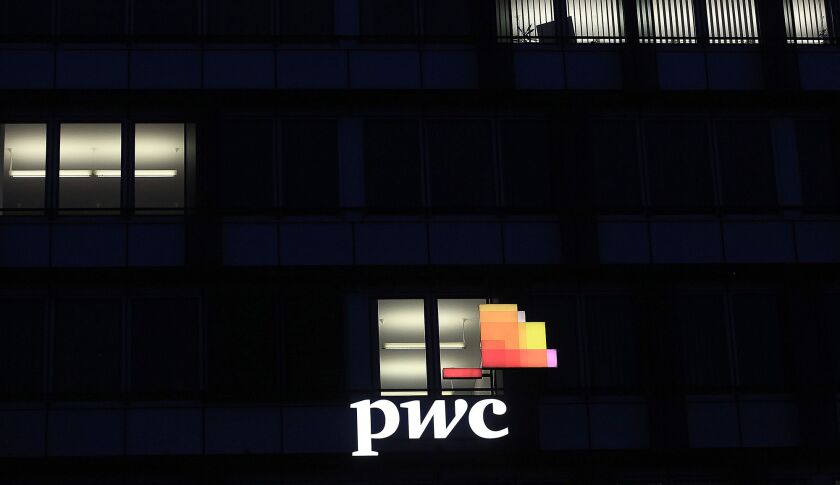Requiring so little from applicants and giving so little guidance to them is virtually begging for fraudulent loan applications to be submitted or for good faith errors to be made.
The move is part of the effort by banks and other companies to promote racial equity and be more sensitive to the stresses on front-line employees.
As COVID-19 lockdown restrictions eased, New York, New Jersey and Pennsylvania businesses benefited.
The final three months of the fiscal year showed a slowdown due to the impact of coronavirus on clients.
The Minneapolis company’s partnership with the Black Business Investment Fund and other community development financial institutions is an example of how banks can fulfill multimillion-dollar pledges aimed at closing the racial wealth gap.
The Federal Reserve could ease capital rules, foster the creation of special-purpose banks and take other steps to strengthen minority communities and businesses without legislation being sought in Congress — if it has the will to do so, experts say.
Lenders initially won't be able to pass on the cost of the Federal Housing Finance Agency's "adverse market fee" to borrowers whose rates on GSE-backed mortgages and refinances are already locked in.
The U.S. Small Business Administration has posted rules about how businesses who have been turned down for forgiveness of their Paycheck Protection Program loans can appeal the decision.
Firms of all sizes should be prepared to respond appropriately and help their clients protect the health and safety of their workforce by complying with ever-changing guidelines from federal, state and local authorities.
A public-private partnership that has fewer rules and restrictions than the Paycheck Protection Program would save more small businesses.

















